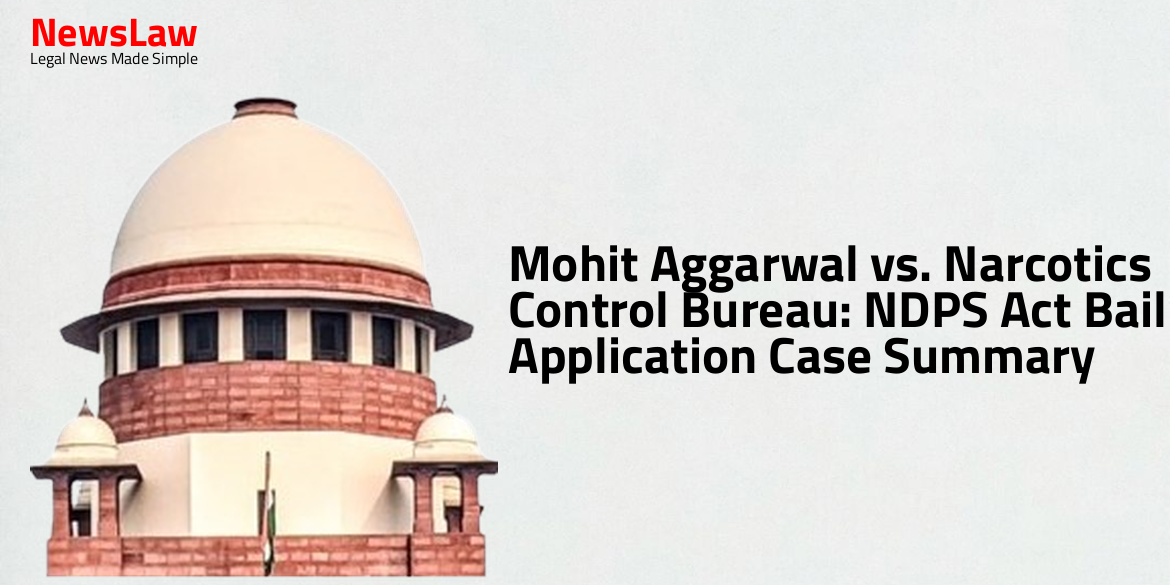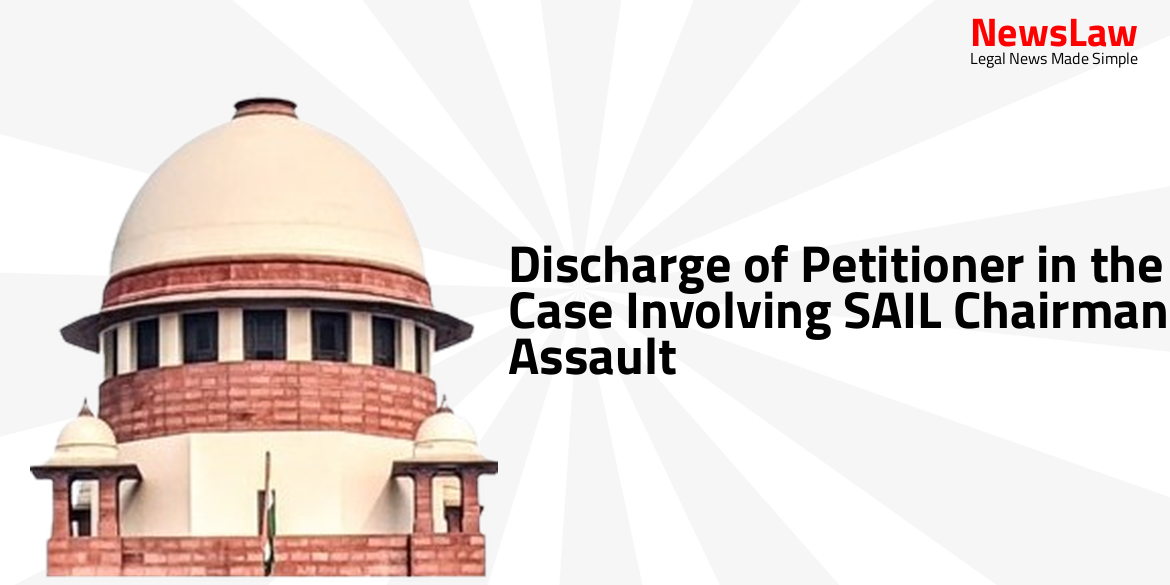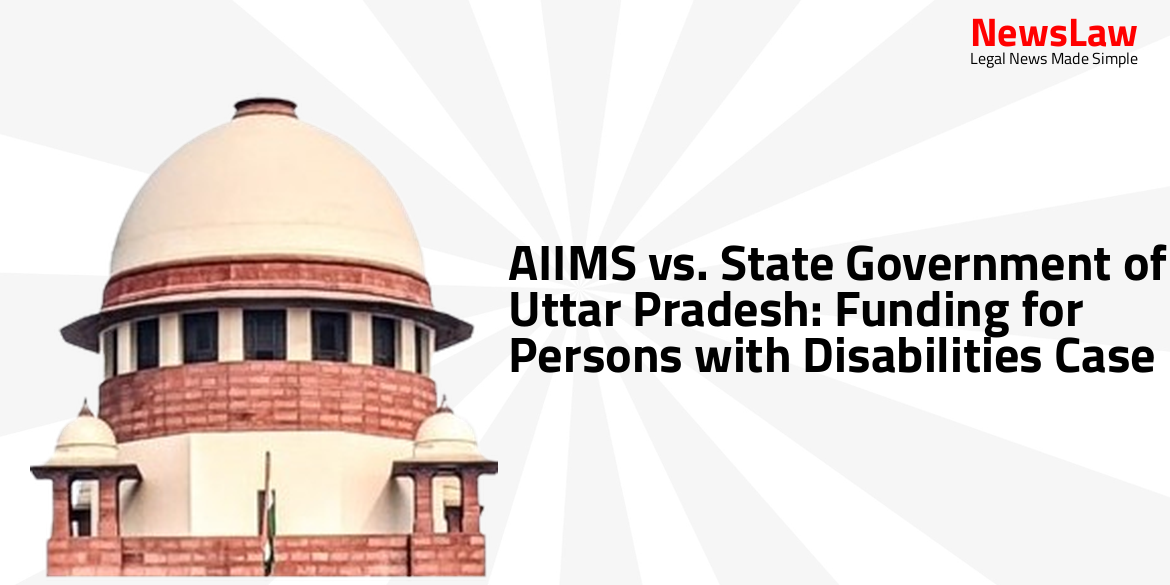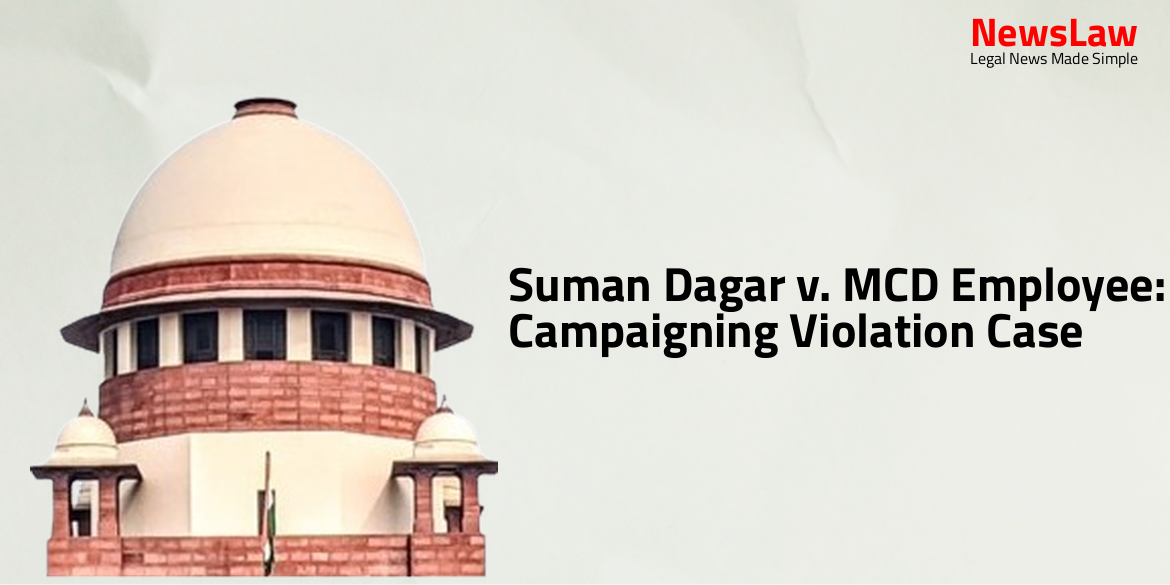The Delhi High Court recently made a significant ruling in the case of Mohit Aggarwal versus Narcotics Control Bureau, concerning an NDPS Act bail application. The court’s decision underscores the strict provisions of Section 37 of the NDPS Act in cases involving commercial quantities of narcotics substances. Stay informed about the complexities of this legal matter and the implications of the court’s judgment.
Facts
- Notice under Section 50 of NDPS Act served to applicant.
- Heroin weighing about 300 grams recovered from applicant’s possession.
- Substance delivered by co-accused Guddu Khan.
- Application filed under Section 439 of Cr.P.C.
- Case arises from FIR No. 121/2020 at Crime Branch Police Station.
- Offences punishable under Section 21 of NDPS Act.
- Information received on Guddu’s illegal narcotic dealings.
- Guddu to deliver near SDM Office, Nandnagri.
- Chargesheet filed after investigation.
- Accused persons apprehended during trap laid on 20-21.08.2020.
Arguments
- The learned counsel for the present accused argues that the applicant has been falsely implicated in the case.
- No recovery has been made from the present applicant/accused.
- The factum of recovery of a commercial quantity of heroin is doubtful as the substance was sent to FSL after an 08-day delay.
- Prayer made for the release of the present applicant on bail.
- Argument raised regarding non-compliance with Section 50 of the NDPS Act due to missing word ‘nearest’ in the notice under Section 50.
- The accused refused to have the search conducted in the presence of a gazetted officer or magistrate, leading to a breach of Section 50 as ACP was called on the spot.
- The present applicant has been in judicial custody for over four years.
- The applicant was apprehended from the spot where a significant quantity of 300 grams of heroin was recovered from him.
- The quantity of heroin recovered indicates a commercial nature of the offense.
- The bar of Section 37 of the NDPS Act applies in this case due to the commercial quantity involved.
Analysis
- The recovery of 300 grams of heroin is considered a commercial quantity, invoking the embargo under Section 37 of NDPS Act.
- The accused was apprehended at the spot receiving narcotics from a co-accused, both arrested together at the same location.
- The FSL report supported the prosecution’s case, strengthening the evidence against the accused.
- The twin conditions under Section 37 of NDPS Act are not satisfied due to the circumstances of the arrest and evidence presented.
- Claiming no recovery from the present applicant holds no merit at this stage due to the facts of the case.
- The contention that the Investigating Officer should not have called the Assistant Commissioner of Police as the accused refused a search in their presence is refuted by the serving of a notice under Section 50 to both accused parties.
- The appellant, Narcotics Control Bureau (NCB), challenged the order passed by the High Court granting bail to Mohit Aggarwal.
- The High Court granted bail on the ground that the accused was in custody for more than 60 days and the chargesheet was not filed within the stipulated time.
- The NCB contended that the High Court should not have granted bail as per Section 37 of the NDPS Act.
- The Hon’ble Supreme Court examined the provisions of Section 37 and observed that the power to grant bail was discretionary and could be exercised judiciously.
- The Court held that the High Court erred in granting bail solely on the grounds of custody duration and non-filing of chargesheet within 60 days.
- The judgment emphasized the need to consider other factors in addition to time spent in custody for granting bail in NDPS cases.
- The NCB’s appeal was allowed, and the order granting bail to Mohit Aggarwal was set aside by the Supreme Court.
- Offences under the NDPS Act are to be cognizable and non-bailable.
- For specific offenses under sections 19, 24, 27A, and involving commercial quantity, accused persons cannot be granted bail without following specific conditions.
- The Public Prosecutor must have the opportunity to oppose the bail application.
- The court must be satisfied that there are reasonable grounds to believe the accused is not guilty and will not commit further offenses while on bail.
- No ground for bail is found considering the discussion provided.
- The recovery of a commercial quantity of narcotics substance from the accused is a crucial factor.
- The court is not convinced that there are reasonable grounds to believe the accused is not guilty of the alleged offence.
Decision
- The bail application has been rejected.
- No opinion on the merits of the case has been expressed.
- The judgment will be uploaded on the website immediately.
Case Title: AFAAQ KHAN Vs. THE STATE NCT OF DELHI (2024:DHC:4522)
Case Number: BAIL APPLN.-774/2024



